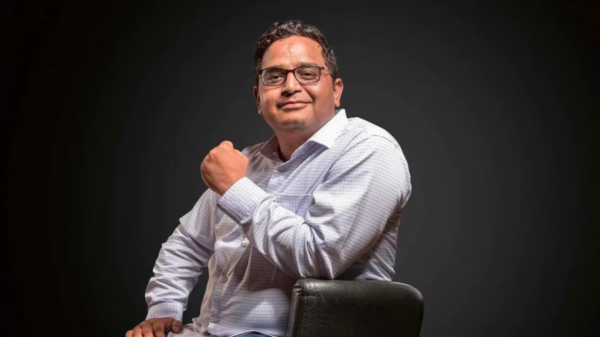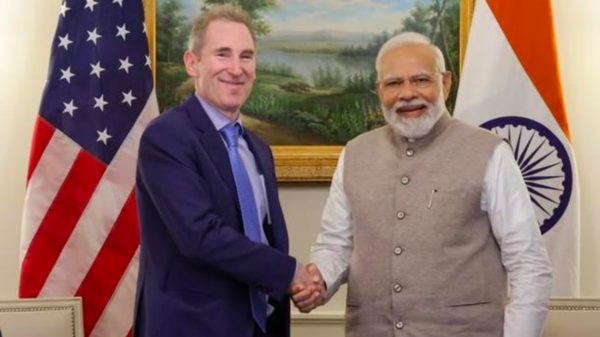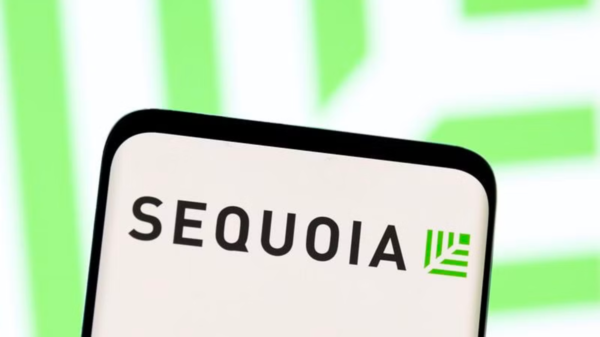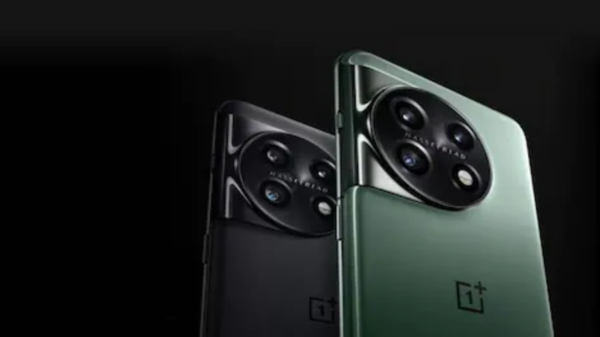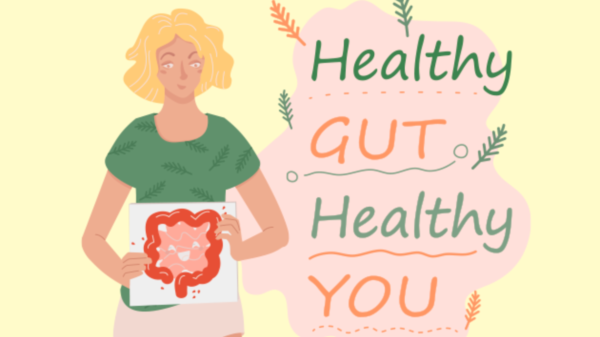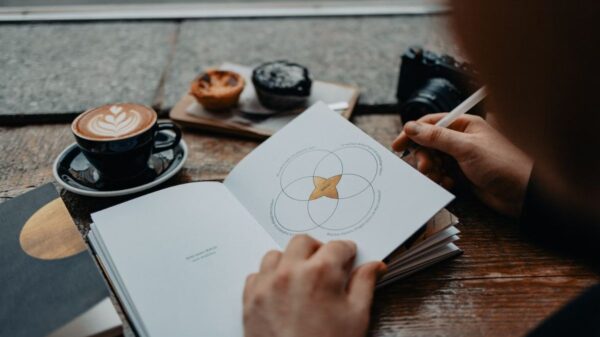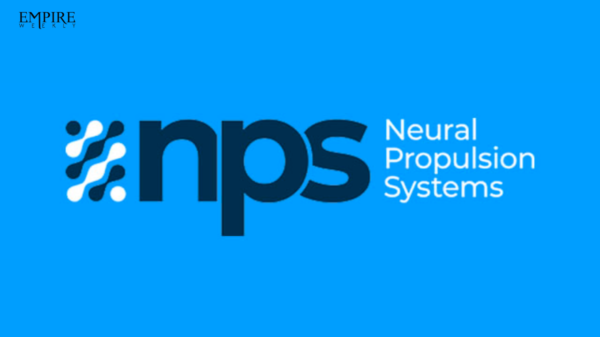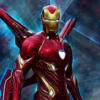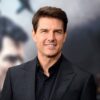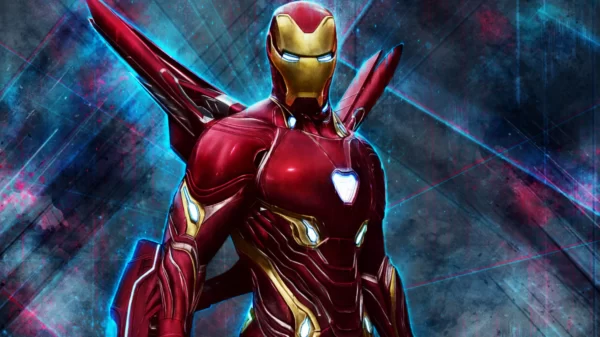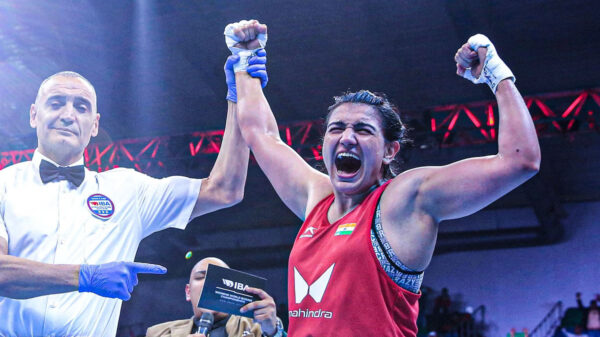Recently in one of the interviews, actor Varun Dhawan opened up about his battle with Vestibular Hypofunction. He was speaking at the India Today Conclave, 2022, held recently in Mumbai.
He also touched upon how the pandemic was a difficult time for him and how he pushed himself to the limits. But I just pushed myself so hard. We are just running in this race, nobody is asking why,” Returning to the silver screen with Jug Jugg Jeeyo was a challenging task since he got diagnosed with vestibular hypofunction, the Bhediya actor mentioned.
What is Vestibular Hypofunction?
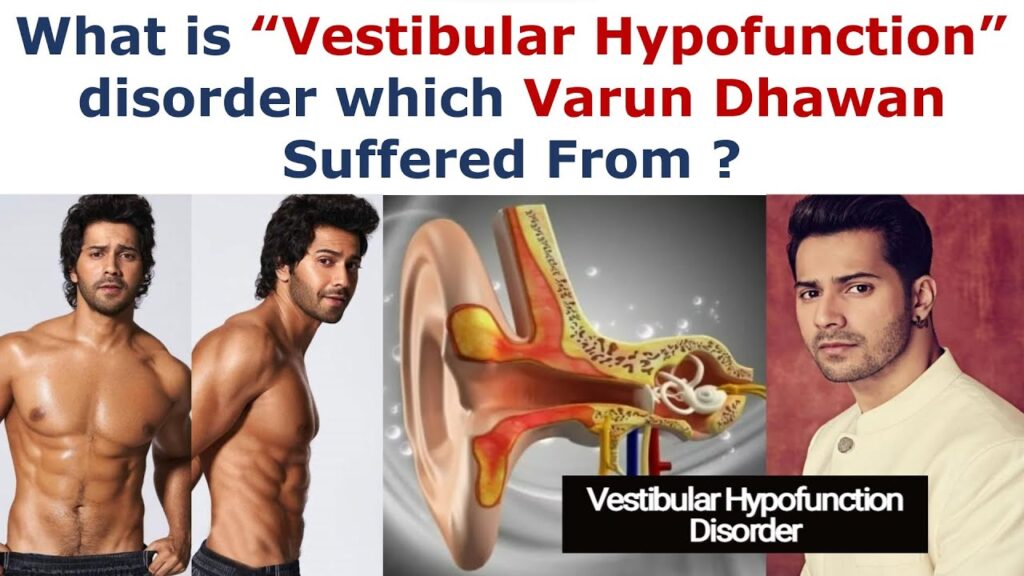
In simple terms, the vestibular system is a balance organ present in both ears of the human body. Its primary function is to work in consonance with the hearing system and send the brain signals through the vestibulocochlear nerve, situated in the center of the ear.
Its hypofunction is primarily caused by damage in the nerve- either due to concussions, head injury, medications, aging, etc. which then sends faulty signals to the brain resulting in dizziness, nausea, and vertigo.
When it affects one side of the head, it is known as unilateral hypofunction and if it is prominent on both ears, then it is known as bilateral hypofunction. The former is usually caused by injury, ear infection, viral infection in other parts of the body, etc. while the latter is more severe and is caused by faulty medications, trauma, autoimmune diseases, congenital problems, etc.
What are the symptoms?
One of the most prominent symptoms of the disease is a condition known as ‘oscillopsia’. In simple terms, this includes blurring of vision and a situation where everything seems to oscillate when the head is in motion.
Other symptoms include frequent falls, difficulty walking on dark or uneven surfaces, nausea, and dizziness even when the body is at rest. It may also manifest in the body through physical issues such as vomiting or diarrhea.
Treatment
Despite being a nephrological disorder, vestibular hypofunction is both treatable and curable. The treatment varies according to the severity of the disease and the response of the patient. Remedies include lifestyle changes such as cutting down on caffeine and smoking and increasing physical activity.
Like training any other muscle of the body, ear and eye exercises have been proven helpful. In case of severe hypofunction, personalized physical therapy and surgery might help. Vestibular Rehabilitation Therapy (VRT) is able to improve the efficiency of your damaged VOR reflex and decrease symptoms of dizziness.
Mental counseling along with rehabilitation is also helpful. Surgery in case of extreme dysfunction aims at repairing inner functioning and is recommended in accordance worth the level of damage.



